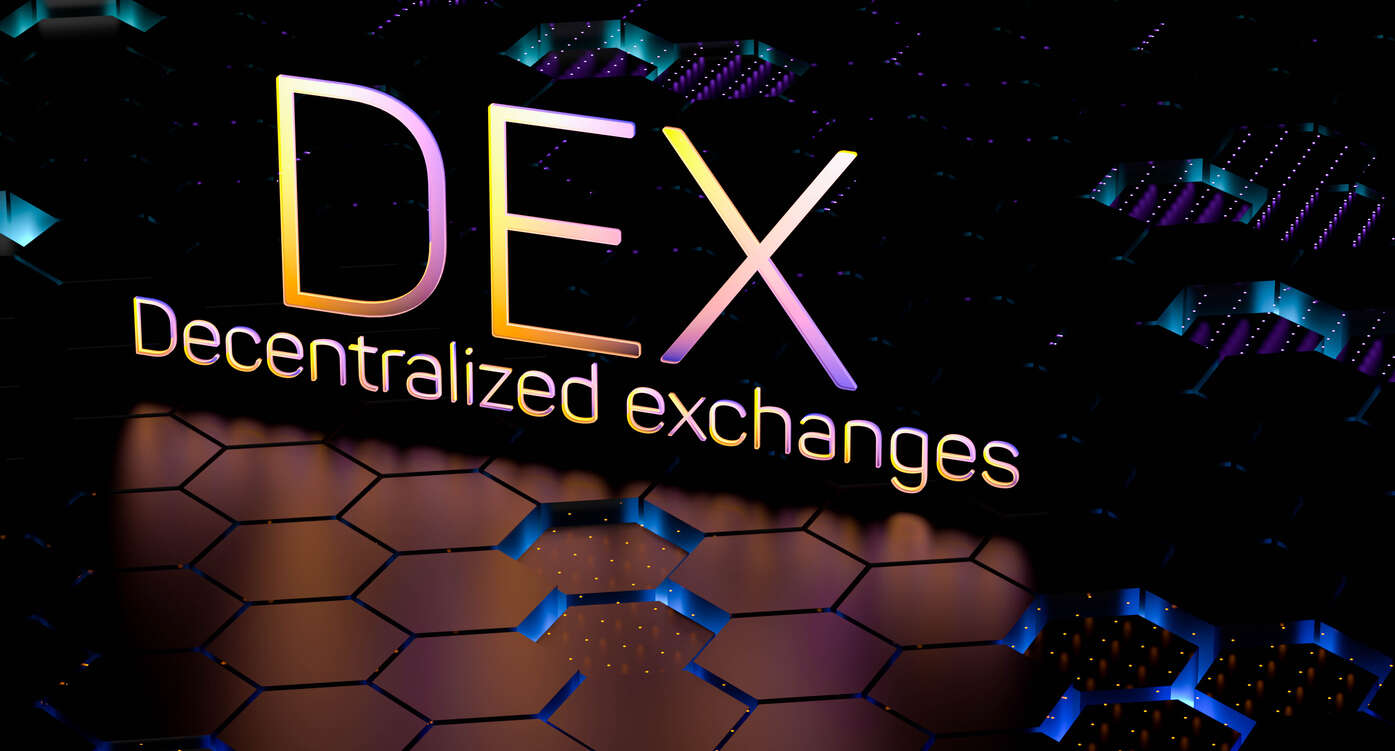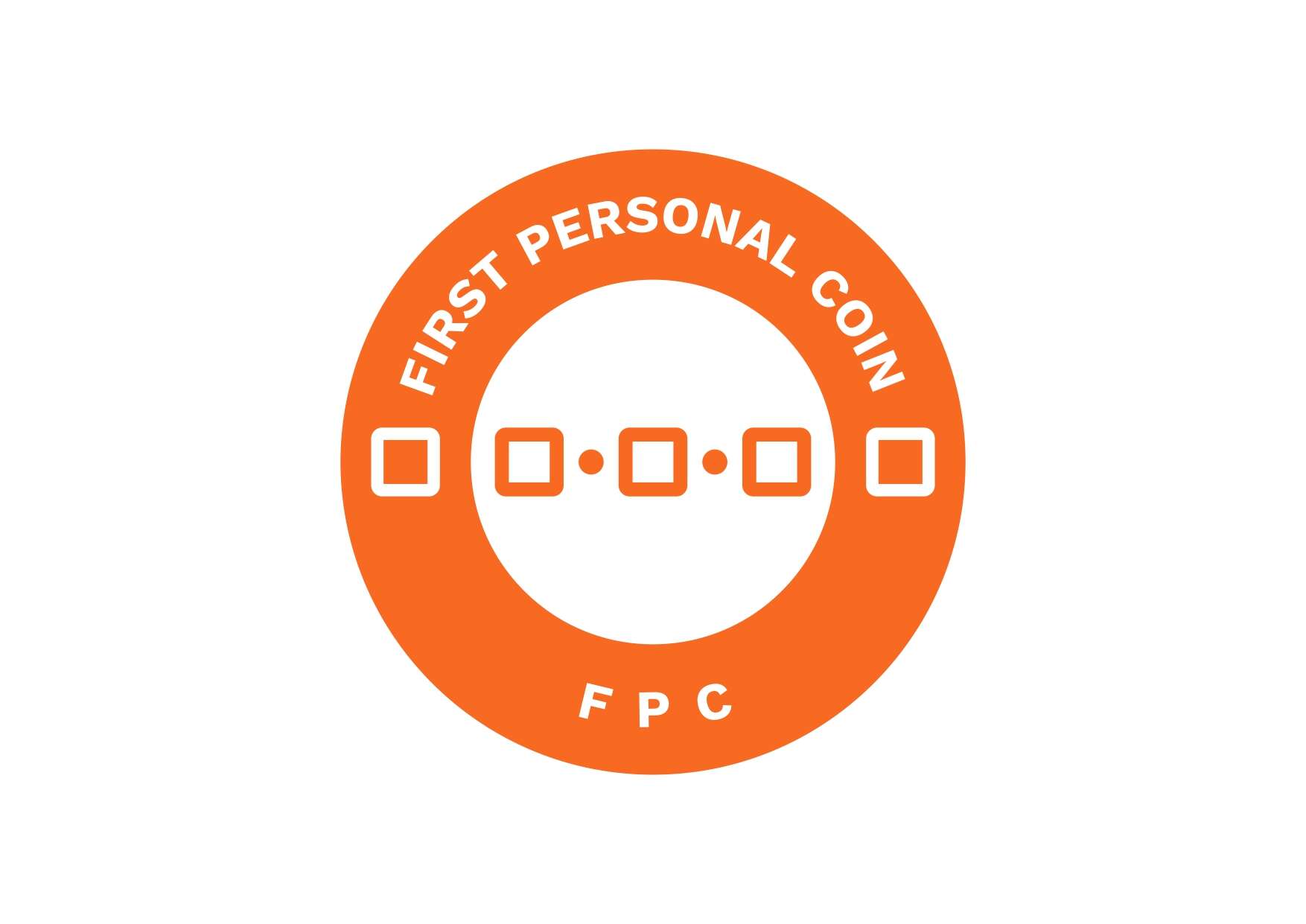Discovering Uniswap DAO
Uniswap è l'implementazione di maggior successo di uno scambio decentralizzato fino ad oggi.
È stato lanciato nel novembre 2018, dopo appena un anno di sviluppo da parte di un ingegnere meccanico, Hayden Adams, che ha dichiarato di aver dovuto prima imparare a codificare.
Il concetto si basa sulle prime iniziative di market making automatizzato dei primi anni '90 e sugli insegnamenti tratti da progetti precedenti, come 0x e Bancor. Il progetto ha ottenuto il sostegno del fondatore di Ethereum Vitalik Buterin ed è stato lanciato pochi mesi dopo aver ricevuto una sovvenzione dalla Ethereum Foundation nel novembre 2018.
Dopo il lancio della versione 3 nel 2021, Uniswap è stato distribuito sulle soluzioni di scaling Ethereum Optimism e Arbitrum e, nel dicembre 2021, sulla rete Polygon per ottenere commissioni più basse e quindi l'accesso a una base di utenti più ampia.

Cos’è Uniswap?
Uniswap è un software open source, uno dei più grandi scambi di criptovaluta decentralizzati per volume di transazioni e un leader nello spazio della finanza decentralizzata (DeFi).
Per molti anni, i siti di scambio centralizzato (CEX) hanno regnato sul mercato delle criptovalute. Uniswap è stato introdotto sul mercato per affrontare questi problemi di potere e controllo prevalenti nel mercato.
In breve, Uniswap è una serie di smart contract che vivono su Ethereum che non sono controllati o posseduti da una singola entità.
Gli scambi decentralizzati (DEX) sono nuovi tipi di mercati che sfruttano la tecnologia Blockchain.
I market maker automatizzati (AMM) sono un tipo di DEX che utilizza "robot monetari" algoritmici per "facilitare" ai singoli trader l'acquisto e la vendita di asset crittografici. Invece di fare trading direttamente con altre persone come con un portafoglio ordini tradizionale, gli utenti fanno trading direttamente tramite l'AMM.
Riepilogando, elimina la necessità di intermediari fidati, dando priorità al decentramento , alla resistenza alla censura e alla sicurezza.
Cos'è un Liquidity Pool ?
Ovvero “piscine” di liquidità. Tutti possono bloccare determinate criptovalute per ricevere sia token UNI per aver fornito liquidità (che potranno essere a loro volta venduti automaticamente tramite apposite piattaforme oppure conservati), sia una ricompensa da parte del network.
Si tratta, quindi, di una quantità di criptovaluta chiusa in un determinato tipo di smart contract.
Come funziona ?
Quando viene effettuato uno scambio, l'algoritmo AMM di Uniswap determina il prezzo effettivo del token in base alle dinamiche di domanda e offerta tra i token coinvolti in questi pool di liquidità.
Quando gli utenti fanno trading con un pool di liquidità Uniswap, la piattaforma addebita attualmente una commissione di transazione dello 0,3%.
Ma che fine fa questa percentuale ricavata?
Qualsiasi utente che contribuisce a un pool di liquidità Uniswap riceve una frazione di queste commissioni proporzionale alla quota puntata dell'intero pool.
La particolarità è che Uniswap non riscuote nessuna delle commissioni di transazione addebitate sulla sua piattaforma; invece, i profitti vengono distribuiti esclusivamente tra la comunità di utenti di Uniswap.
La società guadagna anche entrate tramite il token di governance UNI, che può aumentare di valore con i cambiamenti nei mercati delle criptovalute.
Ogni coppia di mercato di token ERC-20 detenuta in un pool di liquidità (ad es. ETH/DAI) è governata da questo AMM creato per accettare un token per l'altro mantenendo quella che è nota come formula del "prodotto costante" di x*y=k .
Ad esempio, supponiamo che David acquisti 1 ETH per 1600 DAI utilizzando il pool di liquidità ETH/DAI. In questo modo, David ha aumentato la quantità di DAI nel pool riducendo al contempo la quantità di ETH. Ciò significa effettivamente che il prezzo dell’ETH sale, perché c’è meno ETH nel pool dopo la transazione, e sappiamo che la liquidità totale (k) deve rimanere costante.

Cos’è il token UNI ?
A settembre 2020, Uniswap ha introdotto UNI, un token di governance nativo che facilita un maggiore coinvolgimento e supervisione della comunità.
I possessori di UNI possono votare gli sviluppi del progetto Uniswap che determinano la traiettoria evolutiva della piattaforma, o possono anche utilizzarlo per finanziare pool di mining di liquidità, sovvenzioni e partnership.
Il token di governance UNI si basa sul principio dell'autosufficienza della comunità consentendo il coinvolgimento delle parti interessate nel processo decisionale del protocollo.
Ecco che la piattaforma stessa funge da modello di successo di ciò di cui sono capaci le organizzazioni decentralizzate autonome.
Tenendo UNI gli investitori speculano e investono in una governance e un protocollo che dominano la maggior parte della DeFi su Ethereum. Uniswap è il volto della DeFi: non vorresti possederne una parte?
Per qualsiasi domanda si prega di contattarci utilizzando web@firstpersonalcoin.it

